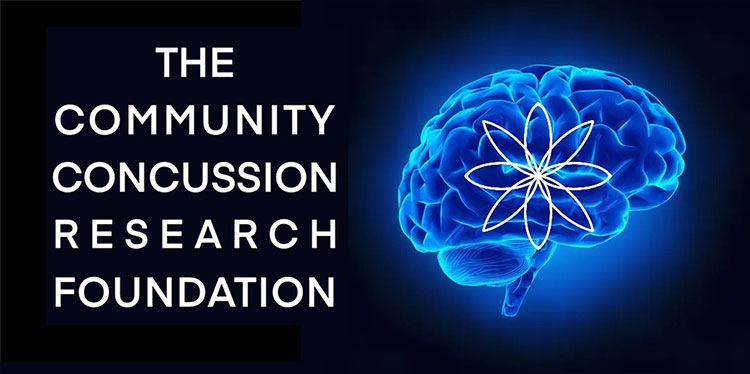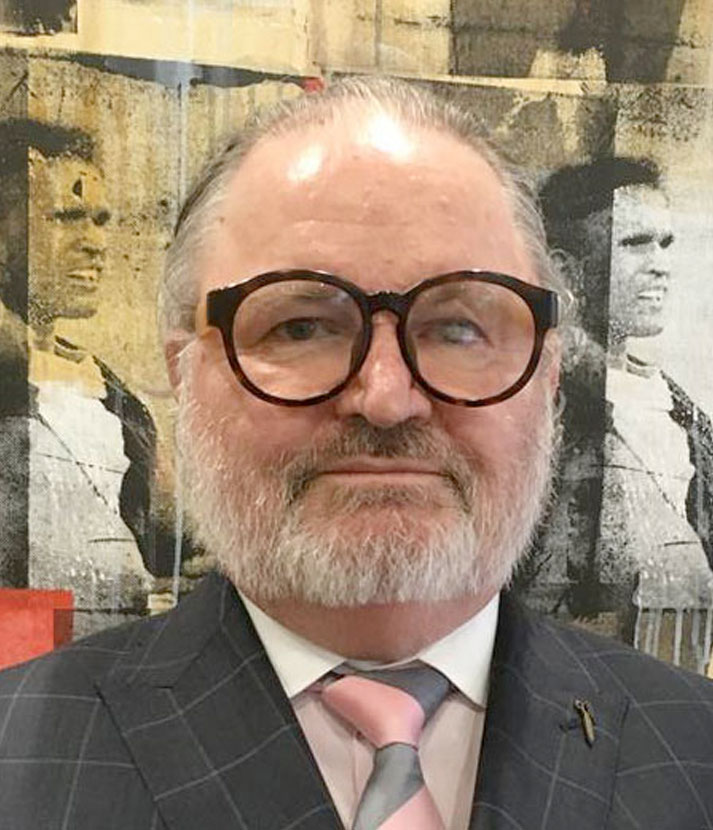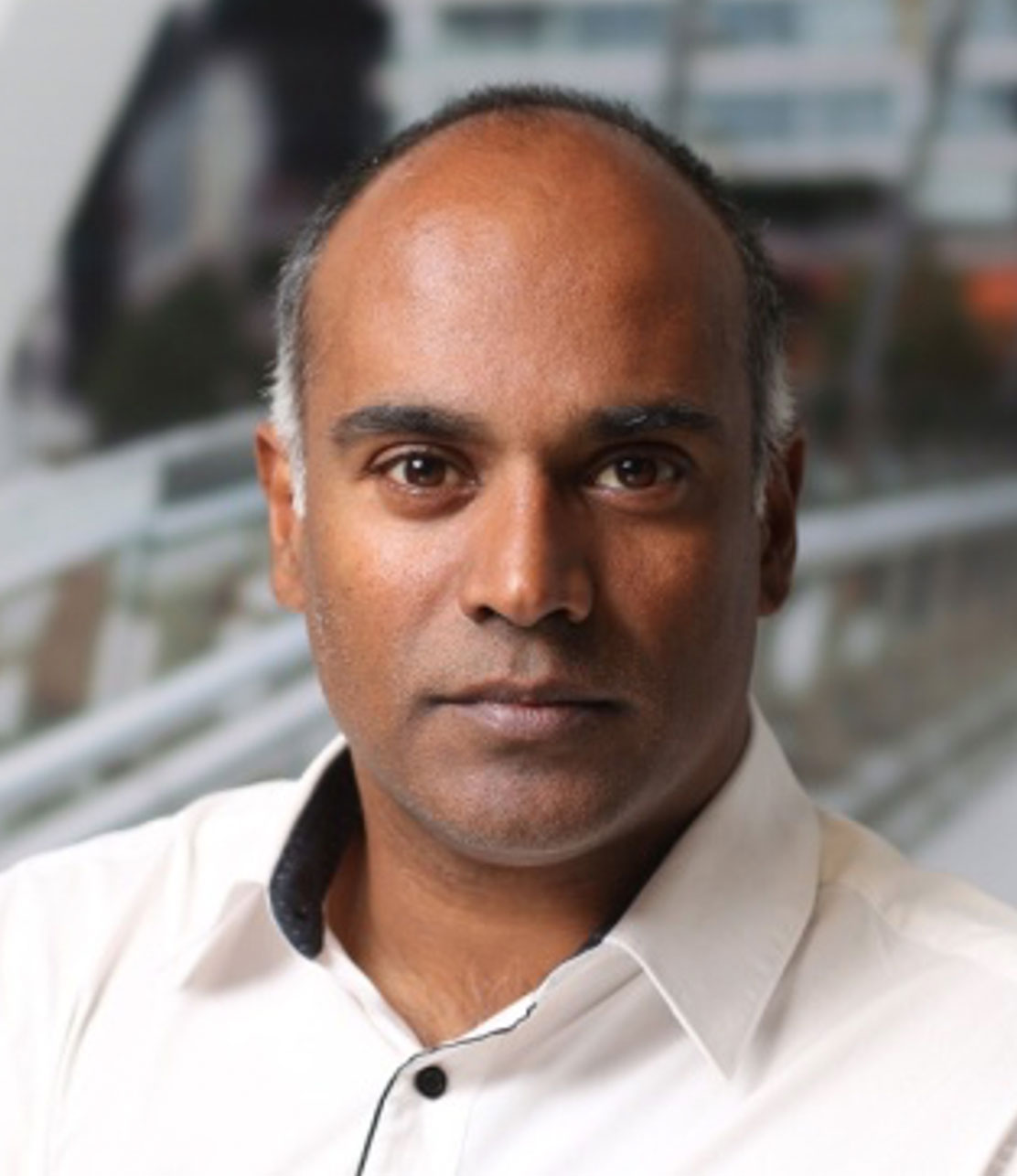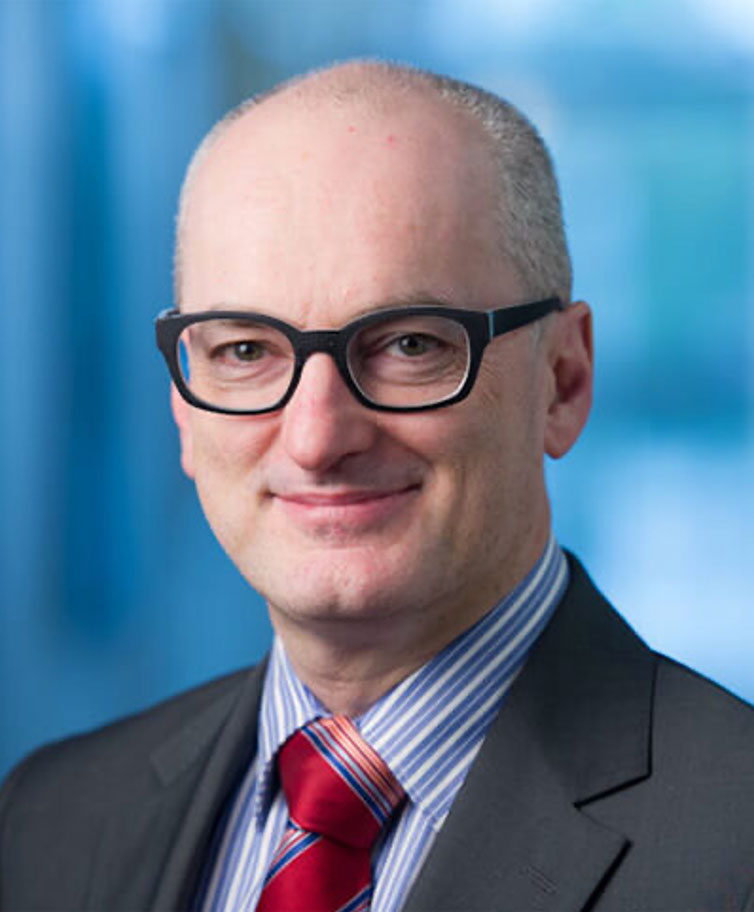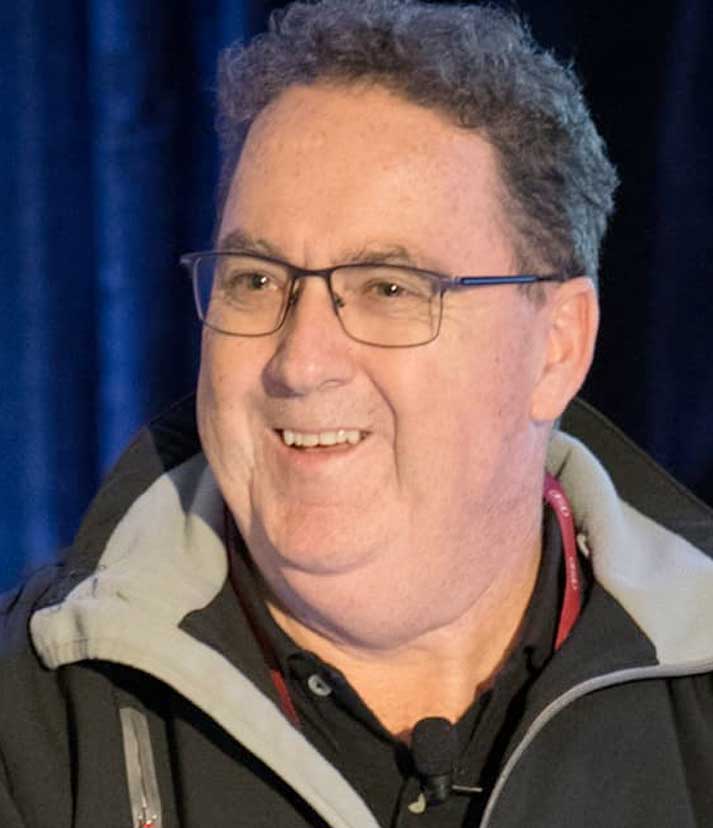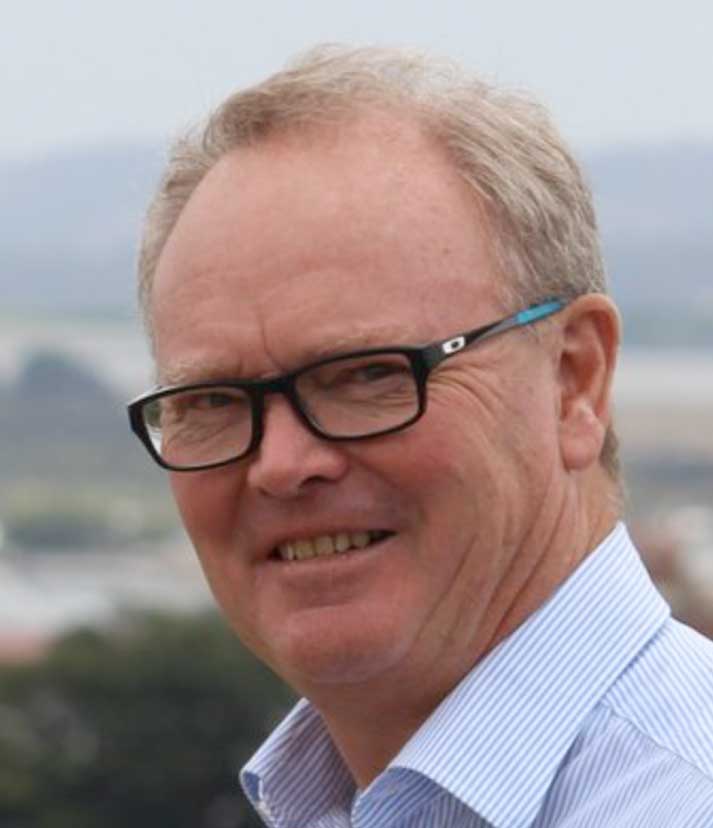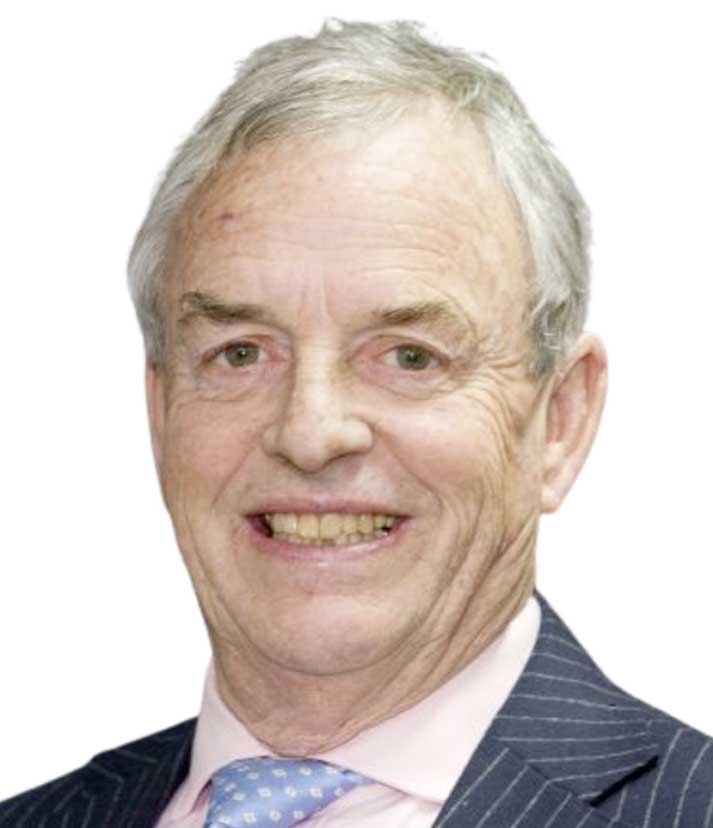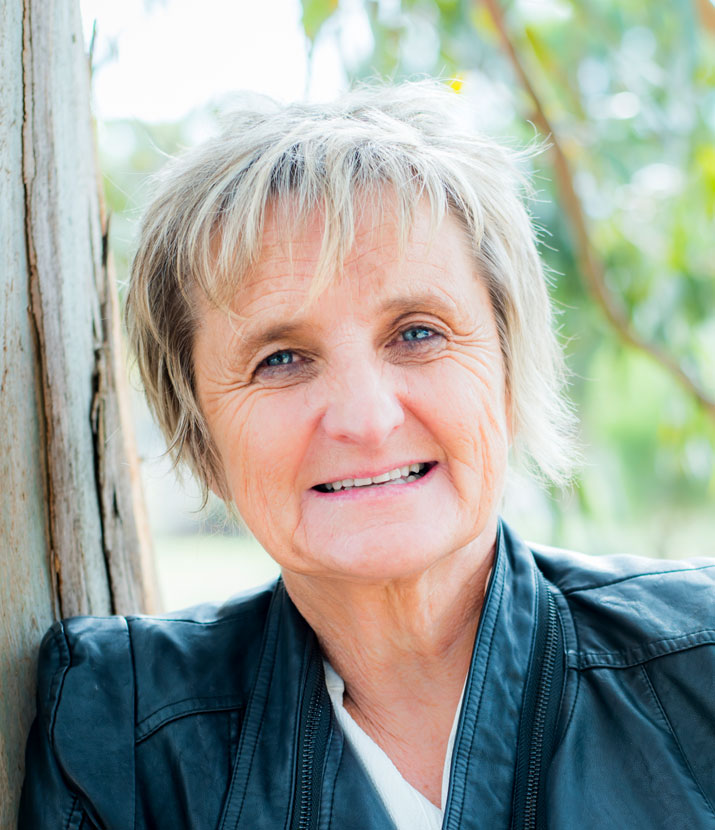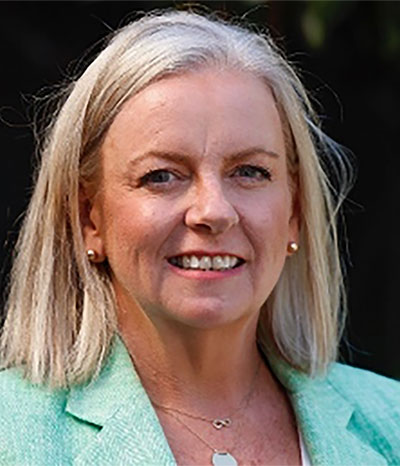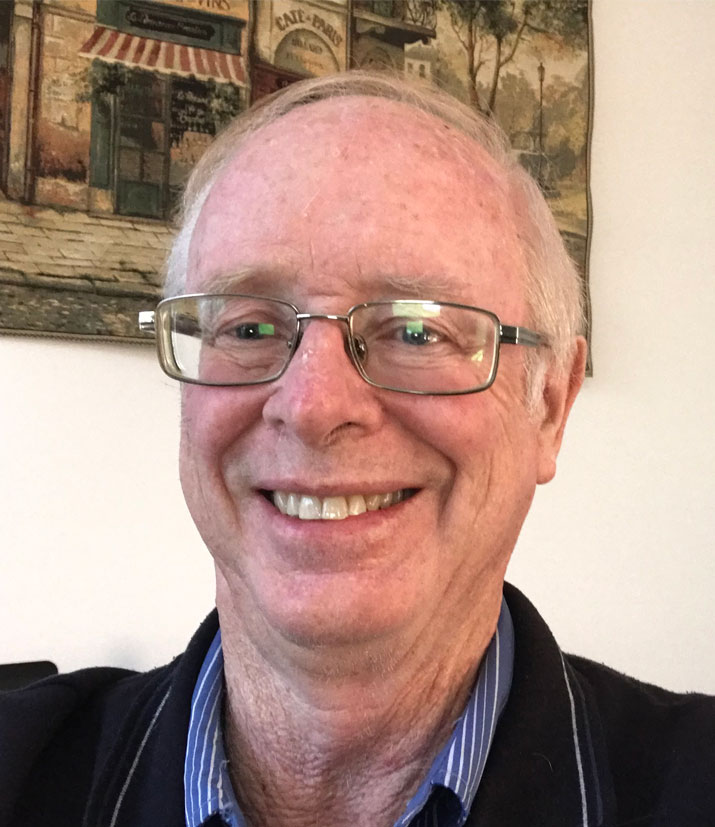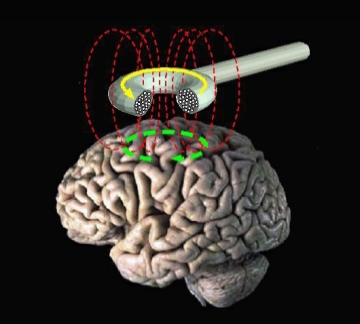The Community Concussion research Foundation
About Us
The CCRF is overseen by a Board of Directors and employs staff who form a strategic leadership team.
Concussion is defined by the International Consensus Statement as “a traumatic brain injury induced by biomechanical forces”. The participation in collision-based sports has been identified as a precursor for chronic traumatic encephalopathy (CTE), Dementia, Alzheimer’s, Traumatic Brain Injuries (TBI) and mental health issues due to the repetitive impacts and concussions sustained during training and game play.
The Community Concussion Research Foundation (CCRF) will provide elite and sub-elite collision-based sports people brain scanning, rehabilitation programs, rapid point of care diagnostic tools and education sessions to discuss the importance of brain health and the risk concussions have on quality of life and the importance of mitigation and rehabilitation.
CCRF emphasises the importance of providing a safe playing space for all participants in collision-based sports, whether that be at the grass-roots or elite levels. Additionally, CCRF will use best practice science and medical advice to develop proactive intervention, mitigation and prevention strategies to create safer sporting environments.
The CCRF Board of Directors
Peter Jess
CA, CPA, CTA
Peter is a founding member of the Foundation and is currently Treasurer. Peter is the principal of PJA Accountants. He is also a Director of the lndigenous Sports Network Pty Ltd, lmage Sportivo lnternationale Pty Ltd, Sports Health Check Ltd, Global Sports Solutions Pty Ltd and the Nova Peris Foundation Ltd. Peter is a Chartered Accountant, Certified Public Accountant, Chartered Tax Advisor and Chartered Secretary and Administrator. Peter holds a Master of Law and a Diploma of Business/Accounting.
Professor Ravi Savarirayan
Victorian Clinical Genetics Services, Murdoch Children’s Research Institute and University of Melbourne Australia
Ravi Savarirayan is consultant clinical geneticist at Victorian Clinical Genetics Services, Professorial fellow at the University of Melbourne, and Group leader (Molecular Therapies at Murdoch Children’s Research Institute, Victoria, Australia.
Professor Savarirayan received his MBBS from the University of Adelaide, Australia in 1990 and became a Fellow of the Royal Australasian College of Physicians in 1997. He was certified as a specialist in Clinical Genetics by the Human Genetics Society of Australasia in 1998 and was awarded his Doctor of Medicine from the University of Melbourne in 2004. He was awarded the Fulbright Professional Scholarship for Australia in 1998, and took this up at University of California, Los Angeles (UCLA).
Professor Savarirayan’s primary research focus is on inherited disorders of the skeleton causing short stature, arthritis, and osteoporosis. He has published over 230 peer-reviewed articles and received over $35M in research funding, collaborating with researchers from 40 countries.
His current clinical trial activities are pioneering disruptive new therapies for the treatment of genetic disorders, and he is a passionate advocate for equal access and uptake of these new genetic technologies and therapies.
He was recently named one of the 30 “Brilliant minds” of the Murdoch Children’s Research Institute over the past 30 years, was awarded the Institute’s research excellence award in 2020, and is an NHMRC Leadership Fellow.
Professor Mark Cook
MD, MBBS, FRACP, FRCP (London)
Currently Chair of Medicine at St. Vincent’s Hospital, Professor Cook specialises in the treatment of epilepsy – his previous role was at St Vincent’s as Professor and Director of Neurology. He is recognised internationally for his expertise in epilepsy management, particularly imaging and surgical planning.
After completing specialist training in Melbourne, Professor Cook undertook an MD thesis while working as Brain Research Fellow at Queen Square, London. He returned to St. Vincent’s Hospital, Melbourne to continue his interest in neuroimaging in epilepsy.
Under his directorship, both the research and clinical components of the Neurology Department at St Vincent’s have been significantly enlarged. Currently one of the largest units in Australia for the surgical treatment of epilepsy, this was a direct extension of work he began in London, where he developed techniques for the accurate measurement of hippocampal volumes, and established their position in non-invasive assessment of surgical candidates. More recently his interests have included experimental models of epilepsy and seizure prediction.
Damien Meredith
MBA
Chief Operating Officer for Kia Australia with a Master of Business Administration (M.B.A.), International Finance from Griffith University. Damien is a down to earth person that knows that his first task is to sell cars now, which will then provide the foundation for future developments. Damien is passionate about giving back to the community and supporting NGO’s.
Brian Roe
OAM BA LLB
Brian is a sports lawyer and administrator, event organiser and sports officials’ educator. He was General Manager of the 1990 World Rowing Championships in Tasmania and Competition Director for the 2000 Sydney Olympic Games athletics competition. He is a leading international referee for World Athletics and has officiated at seven Olympic and two Paralympic Games and 15 World Championships.
Andrew Plympton
AM
Andrew has enjoyed a long and successful career in the business sector, in particular the financial services industry, and as Chairman and Director of both ASX-listed and unlisted companies. Andrew’s background and achievements in sport and sport administration is well documented.
Over the last twenty years, Andrew has served as Chief Executive Officer and Chairman of two global insurance broking firms.
In the ASX-listed companies’ sector, Andrew currently serves as Chairman of Harris Technology Limited and has served on nine ASX Listed Companies as either Non-Executive Director or Chairman. With over twelve year experience in the ASX listed space experience gained in new technologies (LED lighting, Bitcoin, On line sales) and traditional areas including aerospace, manufacturing and labour hire.
Andrew enjoys a high profile in the sporting sector, and served as an Executive Member of the Australian Olympic Committee for an eight year period. Andrew held an appointment as Commissioner of the Australian Sports Commission (which includes the Australian Institute of Sport). He also chaired the Audit, Finance and Governance Committee of the Australian Sports Commission and was the Chairman of Finance and Risk at the Australian Olympic Committee. In 2014 Andrew was elected Commodore of the Sorrento Sailing Couta Boat Club. He was the longest serving President of Yachting Australia Inc, a position he held for seven years. Andrew also served as Chairman of the Australian Football League (AFL) Club St Kilda Football Club Limited for eight years.
Andrew has been successful in the sport of sailing, winning one World Championship and numerous titles. He holds several sporting achievement awards and life memberships from two sporting organisations.
In January 2018 Andrew was honoured in the Australia Day Awards becoming a Member of the Order of Australia (AM) for significant service to sport and sport governance
Jenny Bromley
Jenny Bromley has been a leading educator for more than 30 years She has worked regional schools throughout her career and has been instrumental in developing programs to ensure students alno matter where they live have opportunities to achieve excellence. She has had a lifetime of involvement in sport and sports administration. She has a range of roles including Chairman of the VFL Ballarat North Club Board
Having a family member suffering serious cognitive injuries as the result of numerous concussive and sub-concussive blows to the head, she knows all too well the devastating and sometimes tragic aftermath of a career in football. Jenny and her 4 children have faced the struggle of watching their father lost in a scary fog of dementia. Jenny advocates to raise awareness of the far-reaching effects of neurodegenerative illnesses resulting from years of untreated and undiagnosed head trauma andto promote awareness of these untreated head injuries, and the need for improved concussion education programs for young children, youth and parents.
Her passion is to advocate for improving the safety of sport for all future generations.
Susan Rudolph
Susan Rudolph was invited to join CCRF as Board Member in 2023.
From a background of IT, Global Marketing, Change Management, Strategy and Public Relations, Susan also lives and breathes first hand the life of a caring for her Partner who suffers consequences of concussions incurred through his 10 year AFL playing career during the late 80’s to late 90’s.
Susan’s Partner was diagnosed with FrontoTemporal Dementia (svPPA) at the age of 51, in 2022 along with probable CTE, Parkinsonism, and other neurological conditions.
Her role with the Foundation is to help other partners who find themselves in similar scenarios through setting up support networks as well as driving concussion awareness through social channels, survey data, corporate sponsorships, programs and supporting events for the Foundation.
John Hennessy
John has had extensive experience in a variety of roles including VFL/AFL Corporate Planner, Toyota Australia Strategic Planning Manager, Western Melbourne Regional Development Organisation (CEO) and International Best Practice Research (CEO).
He is also a member of various community groups.
Trans-Magnetic Scanning (TMS)
Diagnosis
TMS can be used clinically to measure activity and function of specific brain circuits in humans, most commonly with single or paired magnetic pulses. The most widely accepted use is in measuring the connection between the primary motor cortex of the central nervous system and the peripheral nervous system to evaluate damage related to past or progressive neurologic insult.
Treatment
Repetitive high frequency TMS (rTMS) has shown diagnostic and therapeutic potential with the central nervous system in a variety of disease states, particularly in the fields of neurology and mental health.
Dr Chris Nowinski, CEO, Concussion Legacy Foundation, USA.
03 9375 4225
Phone
pjess@pjaca.com.au
43 Fletcher Street
Essendon Victoria, 3040
03 9370 2197
Fax
PO Box 845
Essendon, Victoria, 3040
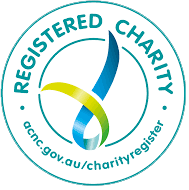
Contact Us
We are here to answer any questions or schedule a meeting. Please feel free to call our office or send an email using the form below.
